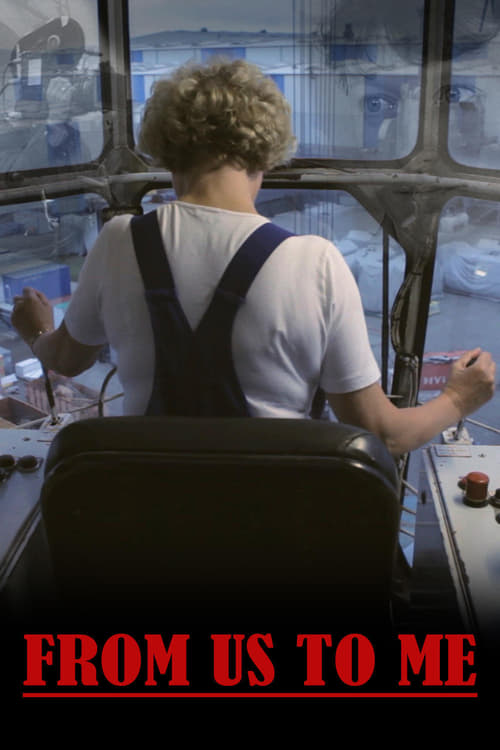

In October 1987, the documentary film collective Amber Films from Newcastle became the first British film crew ever allowed to shoot in East Germany. They filmed the workers of the state-owned fishing concern in Warnemünde and a brigade of crane operators at the state Warnow dockyards. Just two years later, East Germany was history, including most of the jobs it once provided. Twenty-five years later, in 2014, the filmmakers returned to an utterly different Rostock. They visited the people they had filmed in 1987. Together, documentarians and subjects look at excerpts from the earlier film, and talk about the enormous changes the men and women experienced, how they dealt with them, and how they feel today.

Self
No Trailers found.